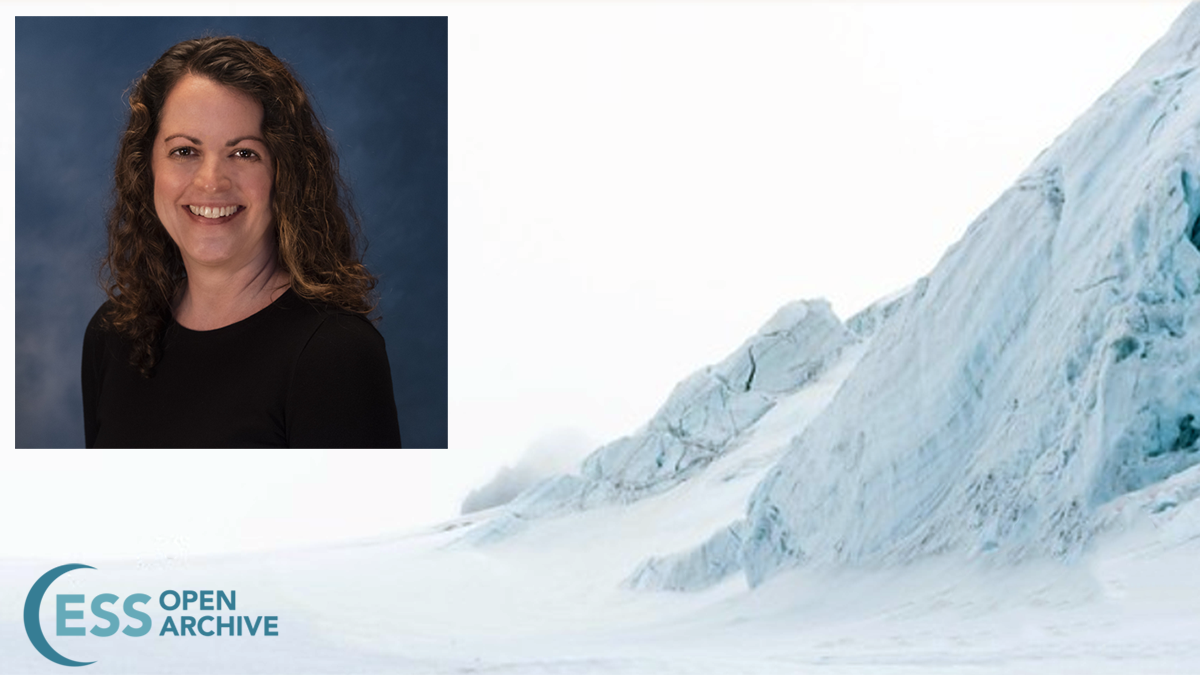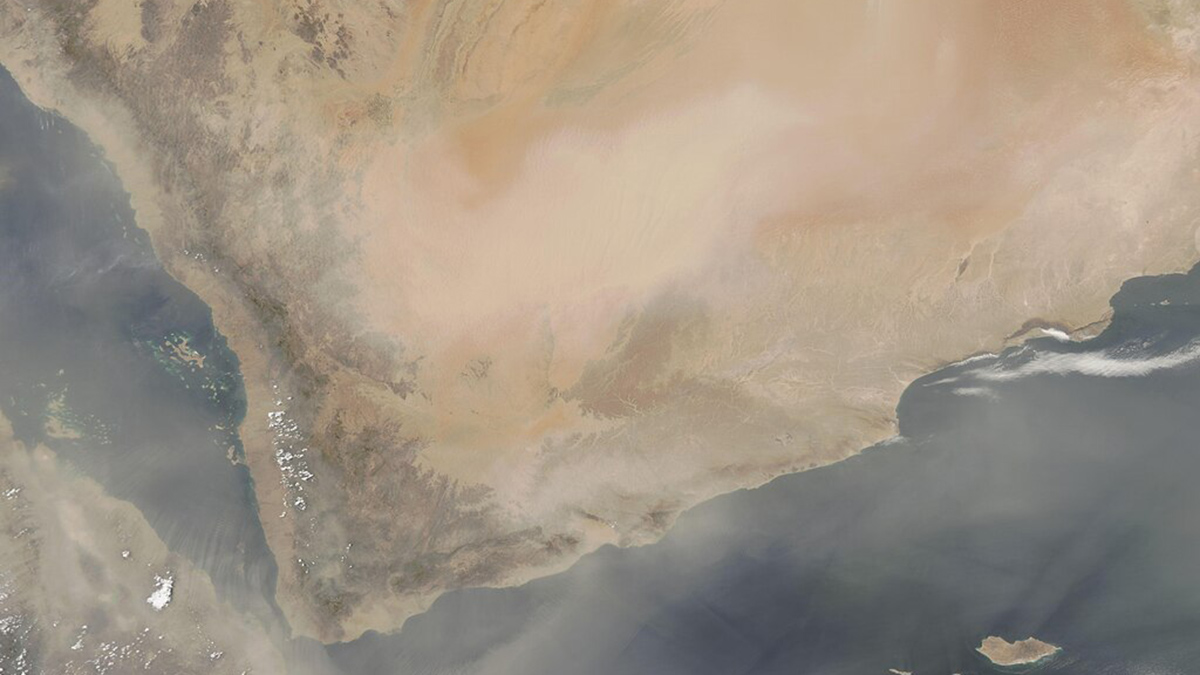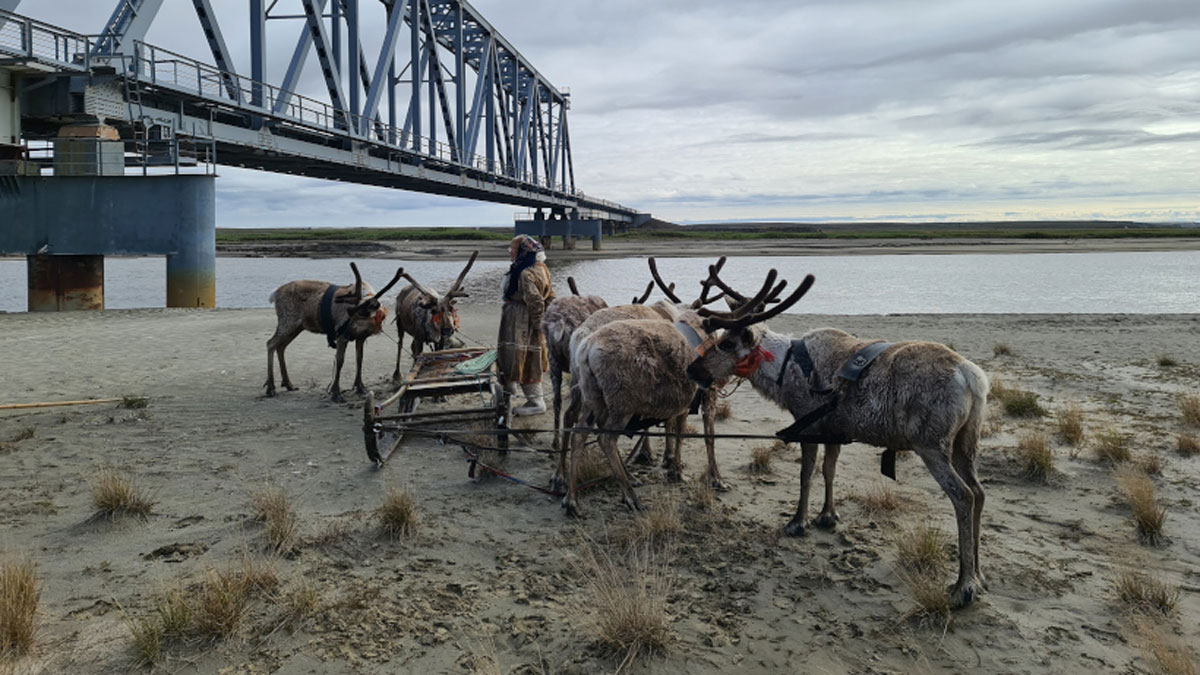To evaluate the vulnerability of permafrost in Arctic floodplain landscapes to warming, scientists explore dynamics of its loss and reformation.
Arctic
Simulating Arctic Carbon Emissions in a Warming World
Not all climate models include carbon from thawing permafrost, and those that do often disagree. Scientists are working to better inform models and assess how these crucial materials are simulated.
Air-Ice-Ocean Coupling Observed in an Arctic Cyclone Event
New observations show detailed features of the ice-ocean response to a strong Arctic cyclone in the winter of 2019-2020.
The Many Adventures of Nitrogen in the Arctic Ocean
New research reviews how our atmosphere’s most abundant element cycles through the Arctic Ocean—and how climate change could affect the process.
Scientists Captured the First Glimpse of a Rare Polar Aurora
After a decade-long search, scientists captured a type of elusive aurora on camera.
Introducing the New Editor-in-Chief of the ESS Open Archive
Learn about the person taking the helm of the Earth and Space Science Open Archive and their vision for the coming years.
Dust Declines in Parts of Asia May Be Caused by the Warming Arctic
Rising Arctic temperatures have changed both wind patterns and precipitation in areas that carry dust to West and South Asia, but the change may not be permanent.
Cerrando la brecha entre las geociencias y la seguridad nacional
La comunidad de geociencias y las agencias de seguridad nacional necesitan una comunicación efectiva y bidireccional para intercambiar información.
Rain Comes to the Arctic, With a Cascade of Troubling Changes
Rain used to be rare in the Arctic, but as the region warms, so-called rain-on-snow events are becoming more common. The rains accelerate ice loss, trigger flooding, landslides, and avalanches, and create problems for wildlife and the Indigenous people who depend on them.
Convergence Science in the Arctic
Focusing on climate change and industrialization in Siberia’s Yamal Peninsula, researchers developed science questions that aim to reach far beyond any single discipline.










